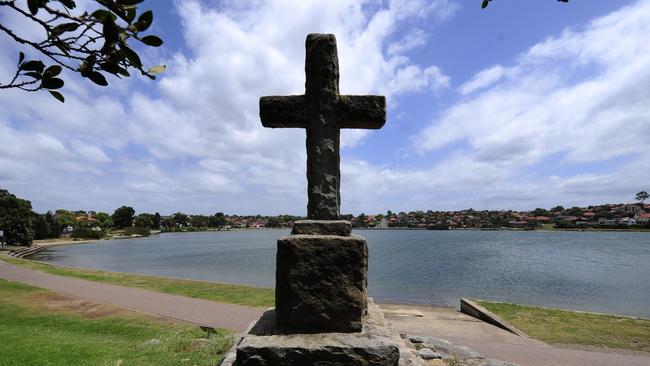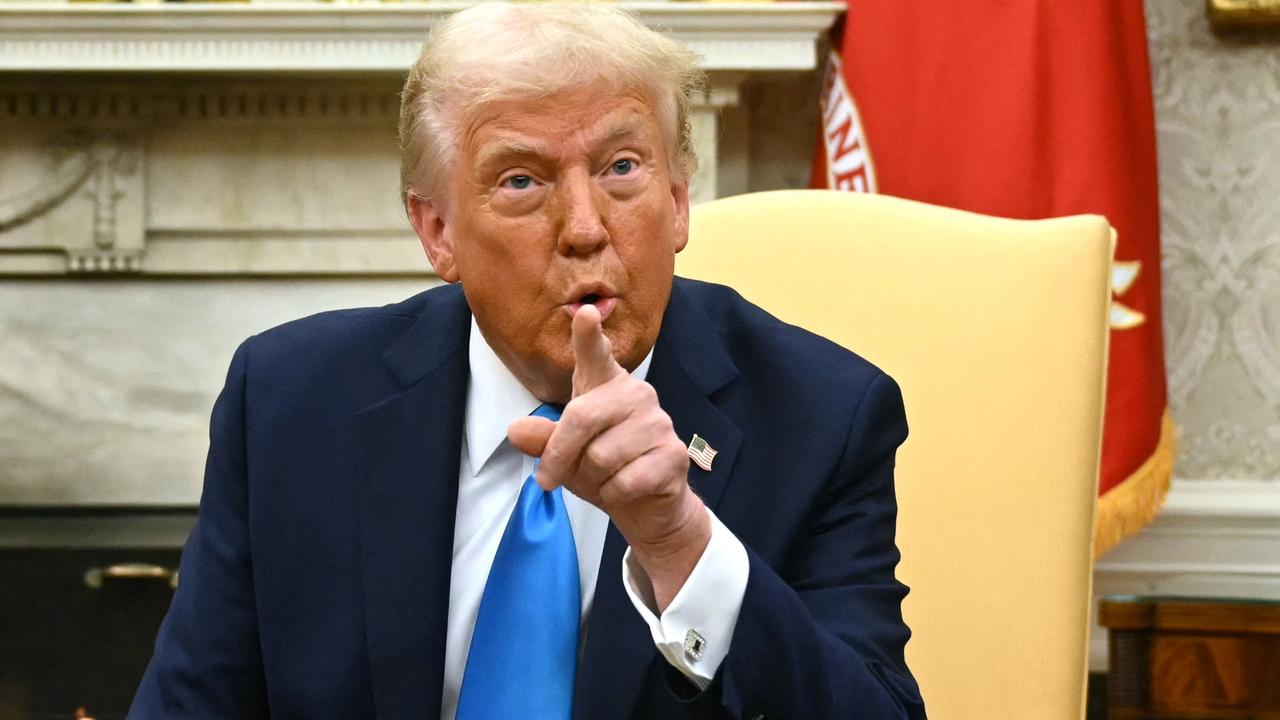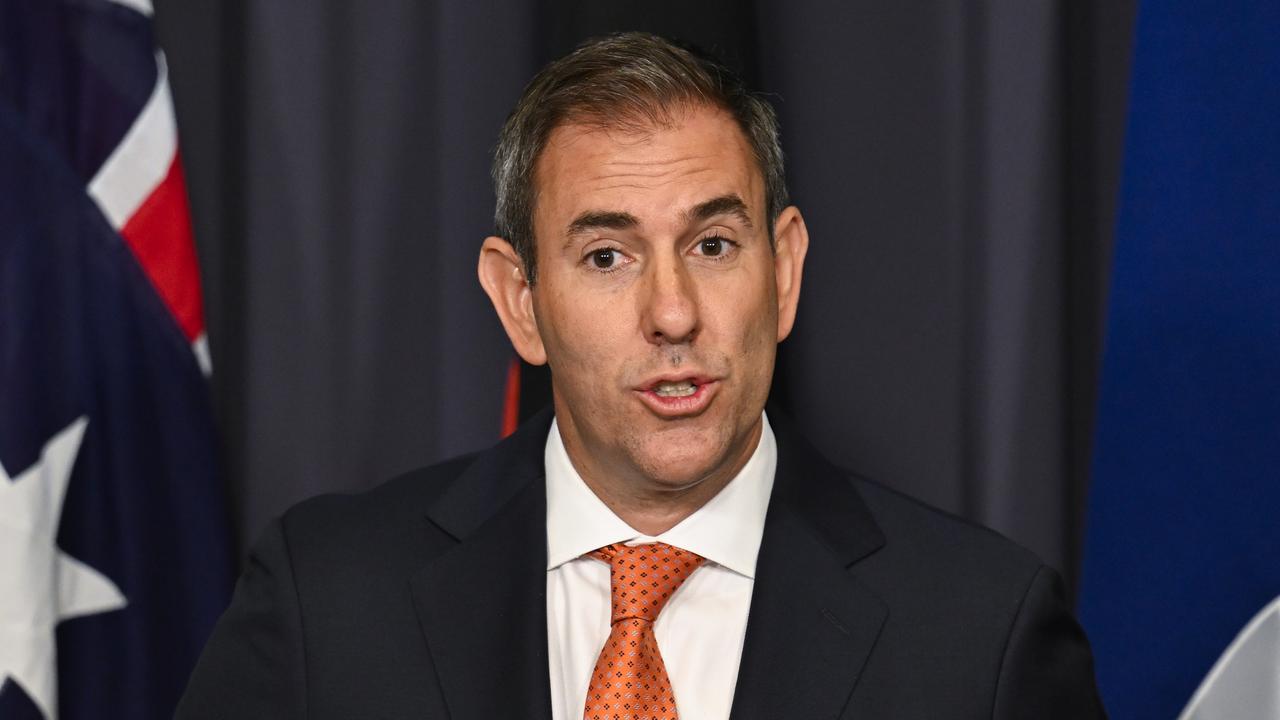
The 2021 census showed, for the first time since Federation, fewer than 50 per cent of Australians are Christian. This is due less to the increasing number with other religious beliefs than to the increase in those holding no religious belief. By the 2026 census, the latter will almost certainly outnumber Christians.
We are becoming a post-Christian society. This increasingly will have to shape public policy. But we need to find it in ourselves to reshape public policy in rational and constructive ways, not intolerant ones.
Let’s begin with the data, familiar to some but unknown or unclear to many. In 1971, close to 90 per cent of Australians declared themselves Christian, the bulk of them Catholic or Anglican. At that time, only about 7 per cent of Australians declared no religious belief. By last year it was 44 per cent Christian, 38 per cent non-religious. The trend to no religion has accelerated since the turn of the century, especially during the past decade. This is a social revolution in the making.
In fact, the data is even more striking than it appears because many of those declaring religious belief do so only nominally. Most of them rarely or never attend religious services and a majority reject the conservative teaching of their religious authorities – bishops, mullahs and what have you – as regards sexual morality, divorce, birth control, patriarchy, marriage and divorce.
While last year’s census puts overall religious affiliation at 54 per cent, other, university-run studies show only 38 per cent of Australians say they belong to a religion (the majority of whom say they are inactive members), 32 per cent describe themselves as religious, 29 per cent say religion is important in their lives, 23 per cent attend services at least twice a year, 21 per cent are certain God exists, 18 per cent describe having a spiritual religion, 16 per cent attend services at least monthly, while a mere 15 per cent describe themselves as active members of their religion.
That such trends are operative has long since been acknowledged by leading figures in the mainstream religions.
Some have deplored the trend and sought to push back against it. Some have taken the position that the data is misleading, or that only the true believers represent the best in society and that such believers are, in an ancient biblical tradition, a “faithful remnant” and the ones most likely to be “saved” come the universal judgment.
The reality is that we are seeing, here and in much of the Western or developed world, a process of secularisation that is transforming the character of our society. In the US, similar trends have led to a major push-back by religious and moral conservatives and there are those in Australia who would favour a similar push-back here.
What we need to avoid is the kind of cleavage that is occurring in the US. It would not serve us well.
Yet as the shift to non-belief increases, the case needs to be made that education and the public funding of it should be shifting to an increasingly secular curriculum, that health policy and its funding should increasingly reflect secular rather than religious norms and that public rituals – including the use of prayer in our parliaments – should reflect the fact most of us no longer believe in or practise prayer.
Historically, in the West and elsewhere, shifts of this nature have often caused acute social tension and even violent conflict. We in Australia, on the other hand, have a tradition of pragmatic adjustment. We need to ensure we honour that in how we handle the decline of religion and the reorientation of public policy.
Both those clinging to conservative beliefs and those pressing for substantial changes in public policy with regard to religion should contest this terrain in an informed and constructive way.
Charles Taylor, a Catholic philosopher, set the tone in his magisterial 2007 book A Secular Age. Too many bad arguments, he wrote, are made to explain or justify secularism. But of course many bad arguments have long been used to defend both religious belief and religious privilege.
Rationalist philosopher Daniel Dennett, in Breaking the Spell: Religion as a Natural Phenomenon (2006), urged that we grapple with all the implications of what we now know. So we should. The data is compelling. But the arguments are complex and very substantial interests are at stake.
The Israel Folau case demonstrated that feelings can arc up on both sides at the expense of rational debate and workable political or social principle. There is likely to be plenty more of that ahead of us, given the trends in belief. The core challenge with which this confronts us is to reinvent and practise principles of freedom of speech and critical thinking in such a way as to enable adjustment without rending the fabric of our society.
Paul Monk is a fellow of the Rationalist Society of Australia and the author of Religion and Society: Dilemmas of Our Time, an RSA Occasional Paper. His latest book is The Three Graces: Companionship, Discretion, Passion, a book of love poetry. Some of the religion figures in this article are drawn from the research series Religiosity in Australia authored by Monk’s colleague Neil Francis, also a fellow of the RSA.



